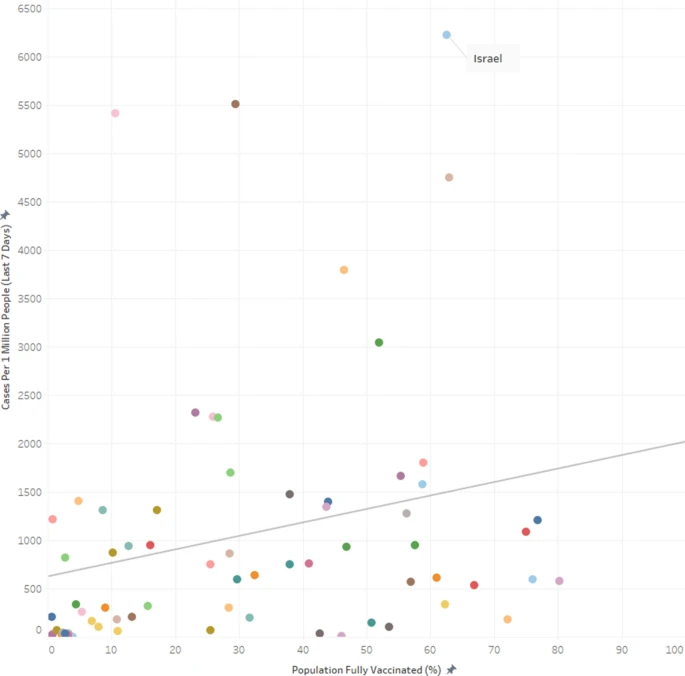
This review of vitamin D and COVID-19 is ENORMOUSLY popular online, so I thought I'd take a look
There are serious deficiencies here. I'm actually wondering if the paper is a joke? 1/n
There are serious deficiencies here. I'm actually wondering if the paper is a joke? 1/n

2/n The study is here, and it's basically a review where the authors used an anonymous aggregation website and pubmed to collate observational and ecological research into vitamin D medrxiv.org/content/10.110… 

3/n As it stands, the search methodology is just...completely deficient. I would recommend the authors read the PRISMA statement and download those tools, there's just no information here to work with
3.5/n How were studies excluded? How were studies INCLUDED? How was observational defined? Etc etc etc
4/n That being said, we might ask what the point of looking into observational research at this point is when we've got actual RCTs looking at this question. It just seems a bit pointless
5/n The studies included, what few there are, are mostly just not useful. 7 in-hospital studies looking at correlations between vitamin D levels and mortality, and an ecological study which correlated pre-pandemic vit D with mortality 





6/n For example, this study using a series of 144 patients is fine, but it's also just not really useful for assessing whether vitamin D is causally related to COVID-19 death 



7/n Anyway, the authors identify use this small number of observational studies and plot their estimates of the death rate from these studies at different vitamin D levels to create a linear regression (r^2 = .133, p = 0.0194) 

8/n This is then used to genuinely argue that at a vitamin D concentration of ~50ng/ml there is a theoretical point of zero mortality
I just...what???
I just...what???

9/n I mean, something like 10-20% of most populations has vitamin D levels above this, are they granted eternal longevity? My vit D levels are about 50, am I immune to COVID?
10/n The discussion does not elaborate, but it does contain this amazing sentence. Apparently, we should *reverse the assumption that correlation does not equal causation* which is...I guess something that people have written 

11/n I really don't understand this paper. If it is a serious attempt, it should be corrected asap. If it is a joke, I think it may have fallen flat
12/n Anyway, the evidence-base for vitamin D doesn't appear to have moved far from the last time I looked into this question earlier in the year - it's still possible that it helps with COVID, but most of the studies into the question are not very good
13/n Also, I'm not trying to be mean to the authors about the joke comment, I'm genuinely a bit flummoxed. That being said, if the paper isn't a joke...feel free to email, there are LOADS of things that need to be fixed
14/n Oh, and supplement vit D if you want, it's a relatively inexpensive and minimally harmful intervention, there's just no strong evidence it'll help with COVID-19
• • •
Missing some Tweet in this thread? You can try to
force a refresh








